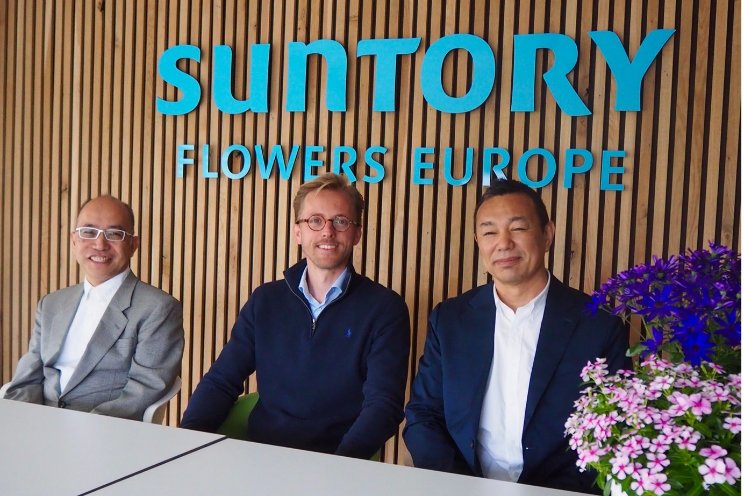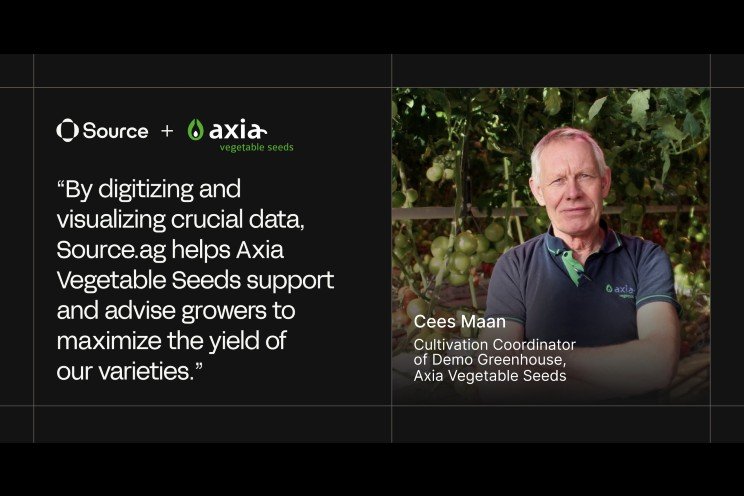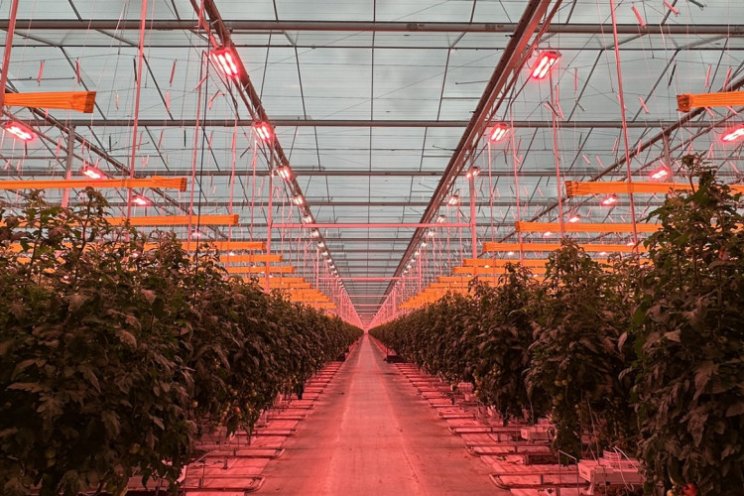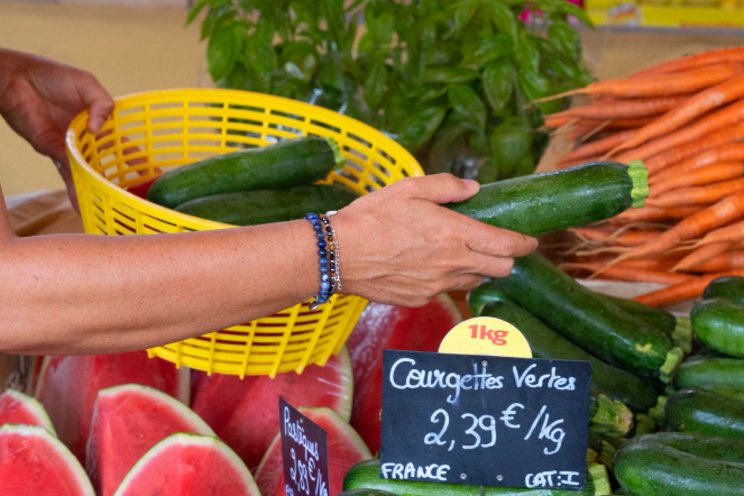Students' image of high-tech horticulture could be better
Added on 31 March 2021
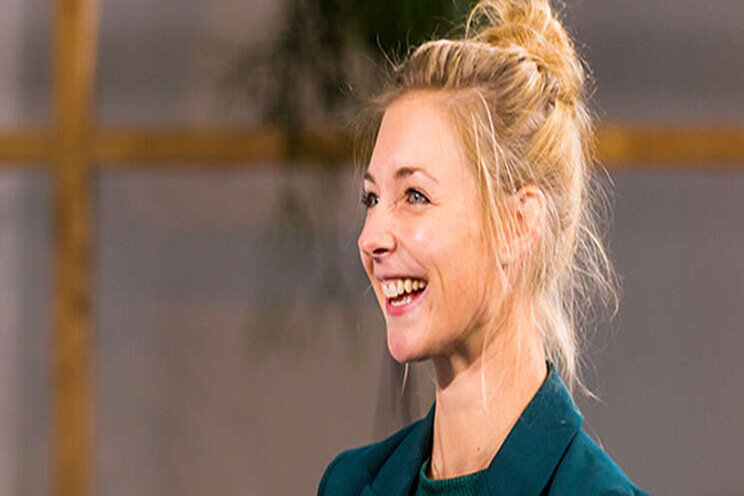
As a Business Developer Liselotte connects challenges of (inter)national agriculture and horticulture parties with solutions from science by researchers of TU Delft. Liselotte is also active within national partnerships, such as 4TU (Universities of Delft, Wageningen, Twente and Eindhoven). In this role, the value created from the complementarity of e.g. the 'grey tech' in Delft and the 'green tech' in Wageningen and the business community is addressed.
In what way is TU Delft involved in greenhouse horticulture?
"The goal of the Agtech Institute is to create a direct relationship between the technical university and agriculture and horticulture. It involves initiating research projects, building partnerships for co-innovation and identifying talent for the agriculture and horticulture sector," Liselotte said.
"The institute has been around for 1 year now and is growing fast. Actually, there were already many different partnerships running with agriculture and horticulture, but they were not visible enough or optimally aligned. The institute will change that. The institute will also provide more 'face', strategy and a contact point for inside (researchers of the TU) and outside (private sector and other knowledge institutions).
There are many interesting issues coming from agriculture and horticulture. Also international issues. Of course, we cannot address all the issues. TU Delft does not work on optimizing and improving the existing. We are committed to working together to achieve new techniques, technical challenges, for which the technological solution simply does not exist yet and the way is still (partly) unknown. Thus, the issues are judged by the amount of new technology at the scientific level. When a project idea emerges, for example when a private partner and a research field find each other, the search for possible additional partners and a funding structure (public and/or private) begins. When the project plan and agreement are finalized, it is transferred to a faculty and the institute steps back. Good example projects are the development of ultrasound and miniaturized microwave sensors in specific measurements in plants."
How does TU Delft look at the application of AI in daily processes in greenhouse horticulture?
"AI (artificial intelligence) is a clear solution to problems and issues in greenhouse farming. It is currently being proven, by parties such as Blue Radix. TU Delft is also contributing to this. For example, TU Delft was part of the winning team of the second 'Autonomous Greenhouse Challenge'. AI can clearly create new value, and contributes to solutions against food waste through optimizations in the chain.
From the TU Delft we are working on AI in a broad sense. So not for a specific sector only. The TU Delft is proficient in AI as a new technology and is certainly working on applications for agriculture and horticulture, but will never limit itself to the professionalization of one sector. TU Delft is very good at fundamental robotics and AI because it is developing in a broad sense and not only for greenhouse horticulture. You could call this 'cross sector learning and development'. TU is and will remain a technical university, which learns by cooperating with all sorts of different sectors. TU provides the new knowledge and the new technological solutions; in cooperation with the sector it comes to an application in agriculture and greenhouse horticulture."
What initiatives are you undertaking towards students to get them involved or even excited about greenhouse horticulture?
"We are now 1 year underway with the AgTech Institute and the number of research proposals has tripled in that time. This creates more connection between TU Delft, researchers and students and the sector. Besides initiating the research projects, what we also do is place assignments from companies to students. This has value for both parties. Especially as part of large projects, it is interesting to connect companies and students directly for subprojects. Unfortunately, this is only possible to a limited extent. As a university, we are not an employment agency, of course. We are looking for a balance in this. We also work hard on providing information and lectures. And it is important that companies also show themselves to students structurally and not only around individual assignments."
Do you notice that students' attitudes toward greenhouse horticulture have changed?
"The image of the greenhouse industry among students is slowly changing. We are doing well as a sector globally. However, communication from the sector to this talent is an important point of attention. The image of 'high tech' among companies in the greenhouse horticulture sector is different from the image of 'high tech' as seen by students at TU Delft. We must bring greenhouse horticulture and technology together even more. They are very different worlds, which until now often still speak different languages."
"A certain willingness to take risks is also needed to develop new knowledge in the sector. New technologies simply take more time and require a longer-term strategy and investment. The question for the sector is: Who takes the risk? In greenhouse horticulture, compared to other sectors and with exceptions, there are fewer large R&D departments. One solution is to collaborate in common goals with the universities, possibly supplemented by public funding."
In what ways would TU Delft like to collaborate even more around AI in greenhouse horticulture?
"There is continuous coordination between the institute, national science agendas, the government and the industry around the need for new technical developments. The trick, for example, is to bring new algorithms (science) and application together well. TU Delft can help to solve an 'unsolvable' problem. We have experts for everything, so the door is always open. For example, one question from the sector was how to detect threats to plants at an early stage in the air using a 'digital nose' (https://www.tudelft.nl/agtech/projects/tiny-smart-e-nose). That does not exist yet and we can do something with that.
In the meantime, we are also continuing to develop ultrasound, for example. This is then pitched by TU and gradually adopted by the sector. The business sector then develops cases for this technology. Sometimes the sector has to 'get used' to new technology, but that's only natural."
Do you have a tip or advise for Blue Radix?
"Ask yourself the question: what do we need in 5-10 years? TU's strength lies in new technological innovations, the solution for which is simply a bit further away in time. It is good to take action now for the longer term. Think from a technological vision and make that negotiable with us as an institute."
Source: Goedemorgen
More news
